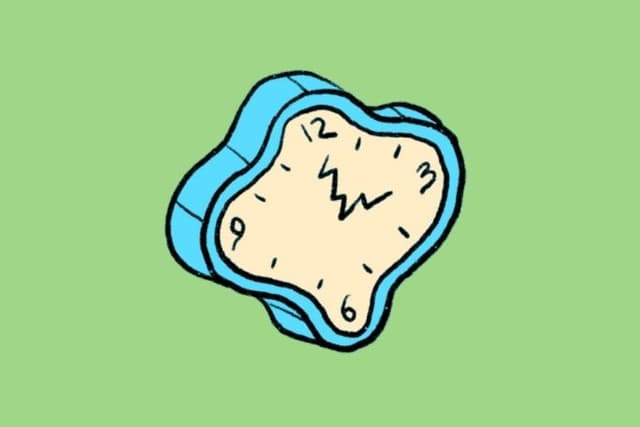
IMAGI-NATION{TV} - History in a Day
Lesson2 of 9 in this unit
PrimaryYear 5 - 6Humanities and Social SciencesHistoryAboriginal and Torres Strait Islander Histories and CulturesSocialMental HealthSocial Action
Summary
Lesson Guides and Printables
Lesson Plan

Student Worksheet

Teacher Content Info
